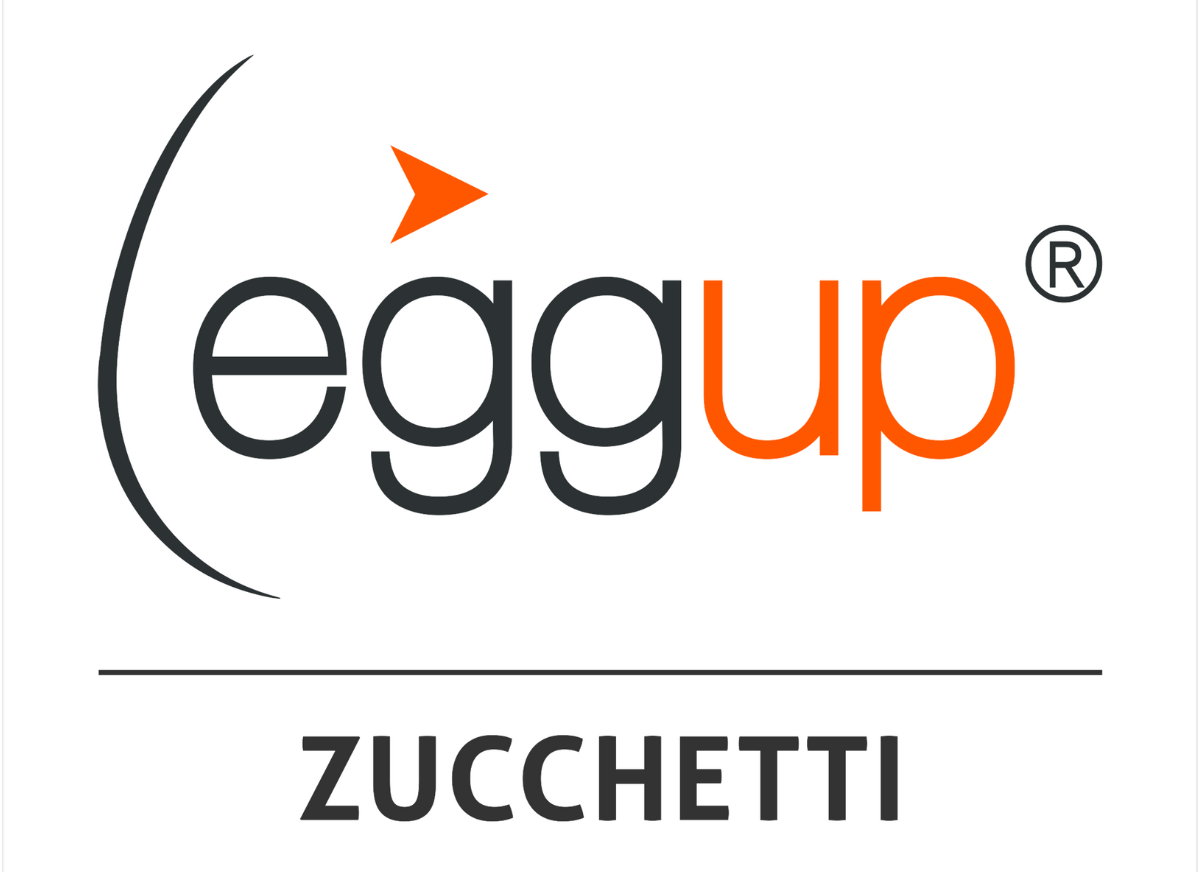Marcella Gubitosa – Head of Personnel Management at Automobili Lamborghini S.p.A.

Lamborghini’s plans to go fast are not only on the race-track, but also in the procedure of making corporate changes
On the centenary of the founder’s birth, Stefano Domenicali, became the new CEO, and a hundred permanent recruitments were made. 2016 was a particularly important year for Lamborghini, the legendary car manufacturer of Castel Sant ‘Agata, since 1998 part of the AUDI group.
However, 2017 is destined to become even more important, the year prior to the production and marketing of the Urus, the first SUV made by Lamborghini. A project that, from now to 2018, will be supported by an investment of hundreds of millions of euros, plus many more recruitments and an expansion from 80 to 150 thousand square meters of the production area in the Emilia plant.
For these reasons we wanted to meet Marcella Gubitosa, Head of Lamborghini Personnel Management, with the aim of having a better understanding of how a reality of this kind confronts change, especially in terms of human capital.
Lamborghini, like all the other players in the sector, and not only in the sector, will be invited to approach the new dimension of Industry 4.0. From your point of view, regarding the procedure of staff recruitment, what impact will this change have on your work and that of your team?
I think that in general the methods and the procedures of staff recruitment will progressively have to meet the expectations and attract the digital population that will represent an ever increasing share of future talents. This translates into language, tools and channels. On the issue of Industry 4.0 more and more partnerships will have to be established with higher education Institutes and Universities, key players in the adequate preparation of the future generation. Professionals in the technical field, even the most operational, will have to have highly specialised training and be able to interact with the most advanced technologies. It goes without saying that in this context, the competitive landscape for talented employees (war for talents) will be increasingly vigorous and certain issues will become even more important to position yourself as an Employer of choice such as, Corporate Responsibility, Corporate Culture, Flexible and Smart working environment.
The employment market has been literally overwhelmed by the digital revolution. What is disruption still destined to change in this area?
The digital disruption has revolutionised the way work is carried out in traditional and manufacturing companies and has created the new “thing”, that is the business that did not exist before at the service of enterprises or people. It has also allowed for the supply and demand of new professionals previously non-existent, and encouraged self-employment amongst young people in ICT and Digital. Keeping up with the digital age is beneficial and necessary for companies that want to position themselves as an Employer of choice. Looking ahead to the “way you will work” will be increasingly dictated by the possibility of a virtual connection and will facilitate a culture where the result is appreciated regardless of where it is produced. This means that flexible labour proposals, working from home and remotely, will be even more important. The fact remains that we must also safeguard our real and physical contacts which in team dynamics are essential for achieving the final result and to contextualize the model to the product and the manufacturing sector of reference.
In a working world that is increasingly characterised by continuous learning, teamwork and multidisciplinary tasks, how important are soft skills and how do you identify their correct balance with hard skills?
Adaptability, flexibility, openness to change, capability to act and react in situations of ambiguity and constant change are very important aptitudes, as well as interoperability and collaboration. Experience and “hard” skills remain an important value in our framework, essential grounds for the realisation of our products. The topic is not to replace hard skills with soft skills, but knowing how to add what is necessary to strengthen all-round professionalism that aspires and is relevant in contributing to the company’s future.[:it]Marcella Gubitosa – Head of Personnel Management at Automobili Lamborghini S.p.A.
 I piani di Lamborghini per andare veloce non solo in pista ma anche nei processi di cambiamento aziendale.
I piani di Lamborghini per andare veloce non solo in pista ma anche nei processi di cambiamento aziendale.
Nel centenario dalla nascita del fondatore, un nuovo AD, Stefano Domenicali, e un centinaio di assunzioni a tempo indeterminato. Il 2016 è stato un anno particolarmente importante per Lamborghini, la mitica casa automobilistica di Castel Sant’Agata, dal 1998 controllata dal gruppo AUDI.
E ancora più importante è destinato ad essere il 2017, l’anno che precederà la produzione e la commercializzazione dell’Urus, il primo suv made in Lamborghini. Un progetto che, da qui al 2018, sarà sostenuto da centinaia di milioni di Euro di investimenti, ancora molte assunzioni e dall’ampliamento da 80 a 150mila metri quadrati della superficie produttiva dell’impianto emiliano.
Per queste ragioni abbiamo voluto incontrare Marcella Gubitosa, Head of Personell Management di Lamborghini, con l’obiettivo di capire meglio come una realtà di questo genere si confronta con il cambiamento, soprattutto in tema di capitale umano.
Lamborghini, come tutti gli altri player del settore, e non solo del settore, saranno chiamati a confrontarsi presto, fin da subito, con la nuova dimensione dell’Industria 4.0. Dal suo punto di vista, per quello che riguarderà il processo di selezione del personale, come impatterà questo cambiamento sul suo lavoro e su quello del suo team?
Credo che in generale le metodiche e i processi di selezione del personale dovranno sempre più soddisfare le aspettative ed attirare la popolazione digitale che rappresenterà via via una quota poderosa del target dei talenti. Questo si traduce in linguaggio, strumenti e canali. Sul tema dell’Industria 4.0 si dovrà fare sempre più partnership con gli Istituti di formazione superiore e l’Università, attori chiave per preparare i giovani adeguatamente. Le professionalità in ambito tecnico, anche le più operative, dovranno avere una preparazione altamente specializzata ed essere in grado di interagire con le tecnologie più avanzate. Va da sè che in questo contesto la concorrenza sul tema dei talenti (war for talents) sarà sempre più vigorosa e alcuni temi diventeranno ancora più importanti per posizionarsi come Employer of choice quali Corporate Responsability, Cultura aziendale, Flexible and Smart working environment.
Il mondo del lavoro è stato letteralmente travolto dalla rivoluzione digitale. La disruption cosa è ancora destinata a mutare in questo ambito?
La rivoluzione digitale ha stravolto il come si lavora nelle aziende di tipo tradizionale e manifatturiero e ha creato dei nuovi “cosa”, ovvero dei business prima inesistenti a servizio dell’impresa o delle persone, così come ha reso possibile la domanda e l’offerta di professionalità prima inesistenti e incoraggiato l’autoimprenditorialità dei giovani in ambito ICT e Digital. Stare al passo dell’era digitale è opportuno e doveroso per le aziende che si vogliono posizionare come Employer of choice. Guardando avanti il “come si lavorerà” sarà sempre più dettato dalla possibilità di connessione virtuale e faciliterà una cultura dove il risultato viene valorizzato indipendentemente da dove viene prodotto. Ciò comporta che i temi del lavoro flessibile, da casa e da remoto, saranno ancora più importanti. Resta il fatto che bisogna pure salvaguardare le relazioni reali e fisiche che nelle dinamiche di team sono imprescindibili per la realizzazione del risultato finale e contestualizzare il modello al prodotto e al settore manifatturiero di riferimento.
In un mondo del lavoro che è sempre più caratterizzato da apprendimento continuo, teamworking e multidisciplinarietà, quanto sono importanti le soft skills e come si individua il loro corretto bilanciamento con le hard skills?
Capacità di adattamento, flessibilità, apertura al cambiamento, essere in grado di agire e reagire in contesti di ambiguità e cambiamento continuo sono attitudini molto importanti, così come l’interfunzionalità e la collaborazione. L’esperienza e le competenze “hard” restano un valore importante per il nostro contesto, fondamento imprescindibile per la realizzazione dei nostri prodotti. Il tema non è quello di sostituire le hard skills con le soft skills ma quello di saper aggiungere quanto serve per consolidare professionalità a tutto tondo che ambiscano e siano spendibili per contribuire al futuro dell’azienda.

